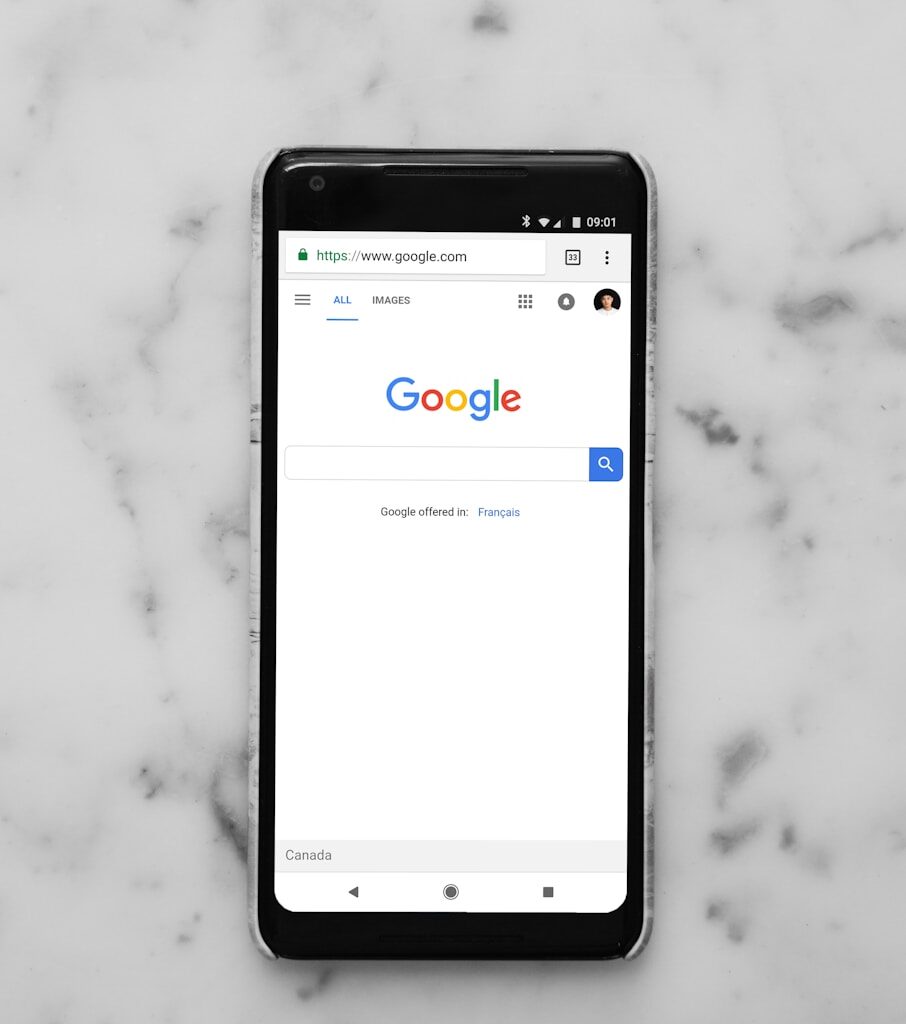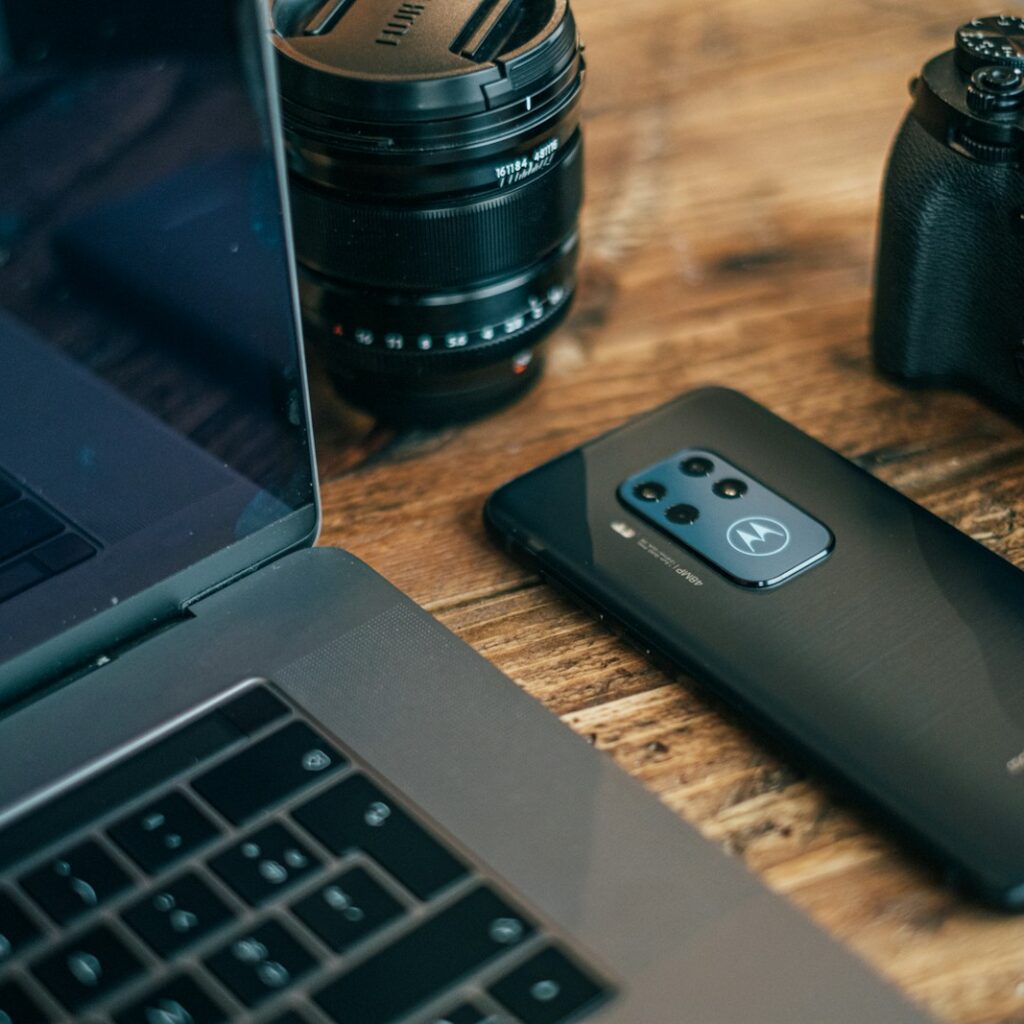In the modern age of digital travel planning, a majority of travelers are searching for hotels, comparing prices, and booking their stays on mobile devices. In fact, according to Google, over 60% of hotel bookings are made via mobile phones, and this number is steadily increasing. If your hotel website isn’t mobile-optimized, you’re missing out on a significant portion of potential guests, both in India and globally.
1. Google’s Mobile-First Indexing
Google’s search algorithms prioritize mobile-friendly websites, especially with the advent of mobile-first indexing. This means Google predominantly uses the mobile version of your site to rank your hotel in search results. If your site isn’t optimized for mobile, it will hurt your chances of ranking well on search engines, ultimately limiting your visibility to potential guests.
For example, if a traveler in New York or Mumbai searches for “hotels near me” or “luxury hotels in Goa,” Google will give preference to websites that load quickly, are easy to navigate, and provide a great experience on mobile devices.


2. User Experience (UX) Matters More Than Ever
When travelers visit a hotel website on their mobile devices, they expect a seamless, user-friendly experience. If your website is hard to navigate, takes too long to load, or isn’t designed for smaller screens, users are likely to leave and find a competitor with a better mobile experience.
Poor mobile UX not only frustrates users but also leads to higher bounce rates, which signals to search engines that your site isn’t providing relevant content. This can negatively impact your SEO rankings.


3. Increasing Mobile Search Traffic
Mobile search is growing, and so are mobile bookings. In fact, over 40% of all hotel bookings are made via mobile devices. As more travelers turn to their phones for local searches, last-minute bookings, and price comparisons, ensuring your hotel website is mobile-optimized will help capture this audience and increase your chances of securing more direct bookings.
In regions like India, where smartphone penetration is growing rapidly, mobile search has become the primary way travelers look for accommodation. If your hotel website isn’t mobile-friendly, you could be losing out on millions of potential customers.
4. Faster Load Times Improve Conversions
Mobile users have little patience for slow-loading websites. According to Google, 53% of mobile users will leave a page if it takes longer than three seconds to load. A slow website can negatively affect both your bounce rates and your conversion rates—the longer it takes for a page to load, the less likely visitors will stay to book a room.
For hotels, where every second counts, ensuring fast load times on mobile is a key factor in improving both SEO and direct bookings.
Mobile-Optimized SEO Strategies for Hotel Websites
Now that we’ve established the importance of mobile optimization, let’s dive into actionable mobile SEO strategies that can help improve your website’s ranking on search engines while ensuring a smooth experience for your guests.
1. Responsive Web Design
One of the most important factors for mobile optimization is having a responsive web design. A responsive website automatically adjusts its layout to fit any screen size—whether it’s a smartphone, tablet, or desktop. This eliminates the need for separate mobile and desktop versions of your site.
Key benefits of responsive design:
- Improved User Experience: Your website will look great and function properly on all devices, providing a smooth experience for all users.
- Mobile-Friendly SEO: Google prefers responsive websites because they only require one URL and can easily adapt to different screen sizes. This helps improve your SEO rankings.
- Cost-Effective: Instead of managing multiple versions of your website, a single responsive design makes it easier to maintain and update content.
2. Mobile-Friendly Navigation
For users on the go, easy-to-use navigation is crucial. Make sure your hotel website’s menu, booking form, and important pages are easy to find and use on mobile devices.
Tips for Mobile-Friendly Navigation:
- Simplify Menus: Use a hamburger menu (three horizontal lines) to condense your website’s navigation and keep it easy to access.
- CTA Buttons: Place prominent call-to-action (CTA) buttons such as “Book Now” or “Check Availability” in easy-to-reach locations, preferably at the top of the page and near the bottom.
- Avoid Complex Forms: If you have a booking engine or contact form, make sure it’s short and simple. Mobile users tend to avoid long or complex forms.
The simpler the navigation, the higher the chance of conversion.


3. Optimize for Speed
As mentioned earlier, fast load times are essential for mobile users. If your hotel website is slow to load, travelers will likely leave and go elsewhere. Page speed is a key factor in both user experience and SEO rankings.
Here are some tips to speed up your mobile website:
- Image Optimization: Use compressed, high-quality images that load quickly on mobile devices.
- Minimize JavaScript and CSS: Reduce unnecessary JavaScript or CSS code that can slow down load times.
- Enable Browser Caching: This allows users to load certain elements of your site faster if they visit again.
- Use a Content Delivery Network (CDN): A CDN can help deliver content from the closest server to the user, speeding up load times.
Test your site’s speed regularly using tools like Google PageSpeed Insights or GTmetrix to identify areas for improvement.
4. Mobile-Friendly Booking Engine
The mobile booking process is one of the most important features of your hotel website. Travelers need to be able to book a room easily and quickly, even when using their smartphones. A complicated or lengthy booking process can lead to abandoned reservations.
Tips for Optimizing Your Mobile Booking Engine:
- Simplify the Booking Form: Minimize the number of steps required to make a booking. Ask for only essential information like guest details and payment.
- Autofill Forms: Enable autofill for guest details such as name, email, and payment information to speed up the process.
- One-Click Bookings: If possible, offer one-click booking options through payment integrations like Google Pay or Apple Pay for mobile users.
- Ensure Mobile Payment Compatibility: Make sure your payment gateway works seamlessly on mobile devices.
A seamless and fast booking experience will improve conversions and boost your direct bookings.
5. Optimize for Local SEO
Mobile users often search for nearby hotels or accommodations when they are traveling. This makes local SEO even more critical for mobile optimization.
Local SEO Tips for Hotels:
- Google My Business: Ensure your Google My Business profile is fully optimized and regularly updated. Add important details such as location, amenities, hours of operation, and photos.
- Location-Based Keywords: Use location-specific keywords on your website, like “hotels near Taj Mahal” or “best hotels in Bengaluru.” Make sure these are included in your page titles, headers, and meta descriptions.
- Local Reviews: Encourage guests to leave reviews on Google and other local review sites. Positive reviews will help boost your rankings in local search results.
When your hotel ranks higher in local searches, it becomes easier for mobile users to discover your property.



